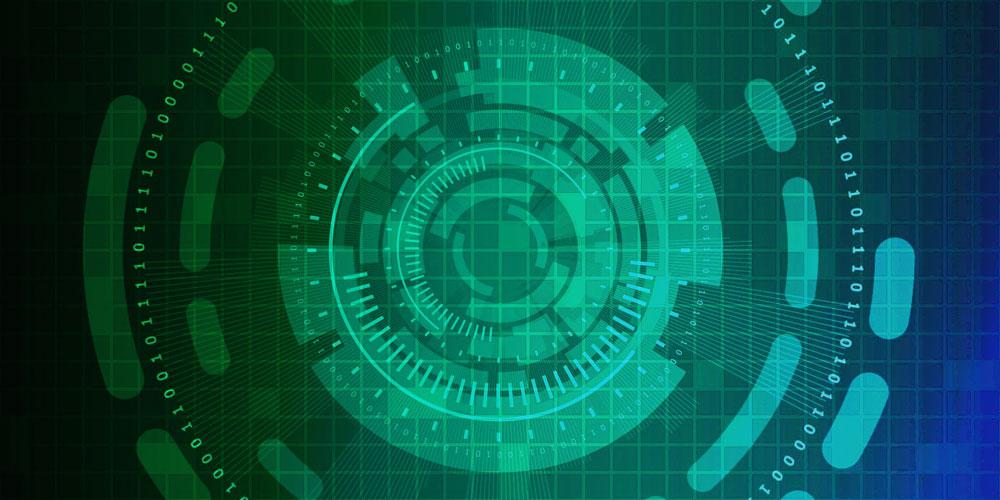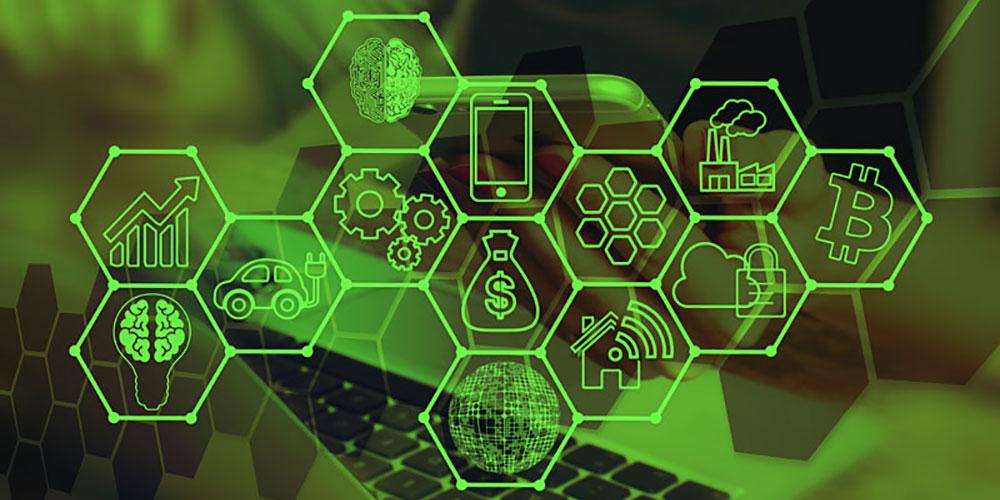Having so much data available does not automatically mean creating “intelligence” and value. The speed with which technology is taking root in our lives has not given us the time to realize the real consequences (whether positive or negative). Through it we collect, or rather we accumulate, in an often random and undifferentiated way, a large amount of data which, however, are unusable because they are unstructured and incomplete. For this reason with this article we invite you to reflect on topics such as Digital Transformation, Data Intelligence, Green Data and Digital Sustainability.
Digital pollution: where are we?
Covid-19 has enormously speeded up the Digital Transformation processes of both companies and the Public Administration. This has resulted in an increase in the data generated and collected. Furthermore, the European Commission plans to create a single European space open to data from all over the world. Today we talk about the Data Economy, as the ability of organizations to manage the growing amount of digital information.
But can we really do that?
Worldwide, 175 zattabytes of data are expected to be produced by 2025.
How many of these will be really usable?
Most of the Big Data are in unstructured form, not related to other data, not classified and therefore unusable. Basically we are creating “digital pollution” by accumulating “junk data”. It’s like when you fill your suitcase by inserting more than necessary and thinking << I’ll put it on, you never know >>. Likewise, we collect data randomly in the hope that it will be of use to us in the future.
The role of Digitization and Digital Transformation
The two terms are often used interchangeably, but they are actually two different concepts. Digitization is the introduction of technology into an organization, the transition from analog to digital. But this is not enough to really improve organizational processes and bring value. In fact, what often happens is that old analog working methods are adapted to digital ones.
Digital Transformation, on the other hand, affects organizational processes, bringing changes and innovations in working methods, culture and finally in the experience of the users of the services / products. With the evolution of technology and the generational change, people have begun to find new ways of working and have discovered the potential of this tool.
However, many organizations and people tend to adapt within the limits of older technology that collects data in an undifferentiated way. The result is unclassified, incomplete and unusable data. The need for a “culture of data” arises. But who should carry it?
We at Pragma Etimos like to call it “Digital Philosopher”. A professional figure who brings a vision, a sustainable digital culture. The starting idea is that technology if “left alone” brings chaos. The prerequisite for creating value lies in “humanizing” the digital to ensure that it is not the human being who has to adapt to technology, but the opposite.
In this regard, it is essential to enable Data Intelligence Catching through the introduction of two concepts: Data Intelligence and Green Data.
Digital Sustainability through Data Intelligence and Green Data
We can see Data Intelligence as the North Star that guides the organization towards the best path to reach the set goal. In this term we can encompass all those processes and tools related to the extraction and interpretation of data from which strategic decisions that bring value to the organization arise. It is the right mix between data and technology that allows you to create “intelligence”. From a technological point of view we can mention some names such as: Advanced Analytics, Image & Video Recognition, Augmented Reality, Artificial Intelligence, Machine Learning, Deep Learning, etc.
At the basis of Data Intelligence, however, there must be structured data that can be understood by the machines that should return useful information for analysis. The concept of Green Data was born from this need. In fact, only by starting with the cleaning and reorganization of the huge amount of unstructured data accumulated over the years, can we lay the foundations to start acting in a sustainable way. By Green Data we mean the data collection method that allows you to create information on which to base analyzes and build sustainable strategies for our Planet, starting with Digital Sustainability.
MORE TO EXPLORE …

COMPUTER VISION AND SUSTAINABILITY: WHY WE START FROM GREEN DATA
Technological innovation is today at the heart of sustainable development. An area of particular interest is that of Computer Vision. This branch of Artificial Intelligence shows great potential. We can define it as the element that makes machines / computers capable…

BIG DATA AND GREEN DATA: THE DIGITAL FOUNDATIONS FOR SUSTAINABILITY
Today we are faced with an urgent challenge: to understand how to use technology as a tool aimed at protecting the environment and making the economy and society more sustainable. Sustainable strategies start from the analysis of Big Data and, even earlier, from the…

